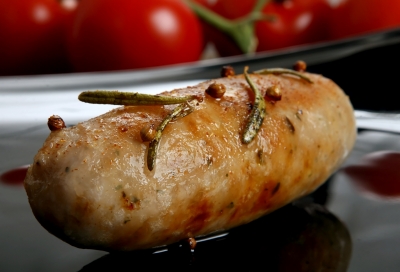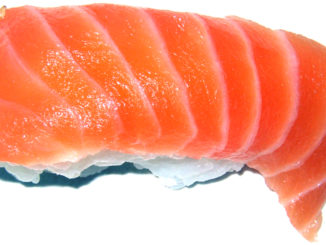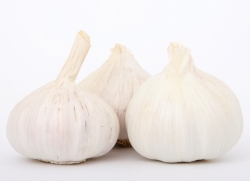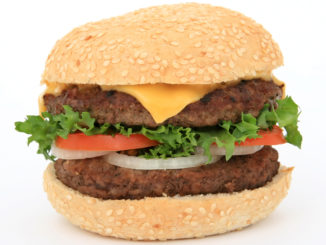
One of the best things you can do for your diet when it comes to maintaining a healthy heart is to reduce the amount of saturated fats in your diet.
Reducing saturated fats in your diet will not only help lower your risk of heart disease and stroke but can also help you shed pounds. But, in order to take this important step, you first have to know where saturated fats are found, and why they’re such a problem.
Saturated fats are mainly those fats that come from animal products, though there are some exceptions to this rule. Saturated fats are typically those that, when cold, become hard.
Some examples of saturated fat include butter, lard and coconut oil. These fats, unlike monounsaturated fats and polyunsaturated fats cause our arteries to clog. In addition, they do not provide the health benefits that we find in polyunsaturated and monounsaturated fats.
Why You Should Avoid Saturated Fats
Saturated fats are bad for our diets because they raise total blood cholesterol and raise LDL cholesterol (bad cholesterol) levels, as well.
High total cholesterol, along with high LDL cholesterol is a serious risk factor for heart disease and stroke. Higher intake of saturated fats has also been linked to some forms of cancer.
People who eat too many saturated fats also typically have low HDL levels (the good cholesterol). This is because they are often substituting bad fats for the good ones and therefore not getting enough good fats, like olive oil, fish oil and canola oil in their diets.
Foods Containing Saturated Fats
Most foods that come from animals contain saturated fat.
These Foods include:
- Meat
- Cheese
- Milk
- Butter
Coconut oil and palm kernel oil are also sources of saturated fat.
To help reduce the amount of saturated fat in your diet, you can make the following changes and substitutions:
- Skimmed milk or 1% milk instead of whole milk
- Margarine made from olive oil or corn oil instead of butter
- Lean meats as opposed to fatty meats
- Olive oil, flaxseed oil or canola oil instead of vegetable shortening or lard for cooking
- Low fat cheese and yogurt instead of full fat varieties
- Light ice cream or sherbet instead of full fat ice cream
- Trim all visible fats from meat before cooking
It’s important to remember that not all fat is bad, and that we do need fat in our diets. What is important is choosing the right fats for our diets.
Some examples of the good fats we should be eating instead of those saturated fats include:
- Nuts
- Avocadoes
- Olive Oil
- Canola Oil
- Fish
Making these simple changes in your diet can significantly reduce your chances of a heart attack and positively influence your overall health.
These changes involve easy substitutions that still allow you to eat a diet full of flavor. Fat is an important nutrient in our diets, helping us to absorb other nutrients and helping in nerve transmission. But, fats can also be deadly when we eat the wrong ones.




Be the first to comment